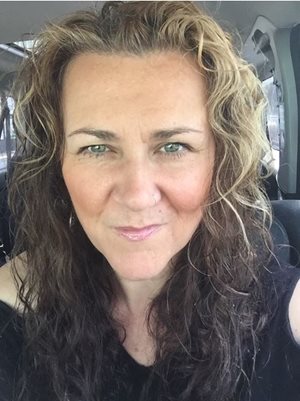Sensory Integration and Availability for Learning
Presentation Slides
Susie Morrow, MA, CI, CT
Learners who have compromised sensory systems, have difficulty integrating information that is received through all of the senses. Vision and hearing are critical for conceptual development as they are the two primary means of access to environmental information and language. This session will address the sensory integration system and strategies to support learners who are deaf-blind in their daily access to the world. It will also explore hand use in relation to daily interactions and discuss best practices for students who are deaf-blind.
Credits: Act 48, ACVREP, ASHA, Psych
Audience: Special Education Teachers; Teachers who work with students who are blind or visually impaired; Teachers who work with students with hearing loss; Teachers who work with students who are Deaf-Blind; Teachers/other professionals who work with students who have sustained a traumatic brain injury; Speech Therapists; General Education Teachers; Supervisors/Administrators; Assistive Technology Specialists; Occupational Therapists; Physical Therapists; Orientation and Mobility Specialists; School Counselors; School Psychologists; Parents, Guardians, Family Members; Paraprofessionals
Speaker Bio: Susanne Morgan Morrow, MA, CI, CT. Susie is a nationally certified interpreter and is the Project Director for the New York Deaf-Blind Collaborative, a federally funded grant for children who are deaf-blind. She began her learning at Gallaudet University in the Rehabilitation Counseling department and started her career at Helen Keller National Center. In her almost 25 years of service in the field she has learned very intimately, the needs of children and adults who are DeafBlind. Susie's passion is seeking ways in which successful strategies within the adult DeafBlind community can be applied to young learners who are deafblind to increase access and a sense of self-actualization.
